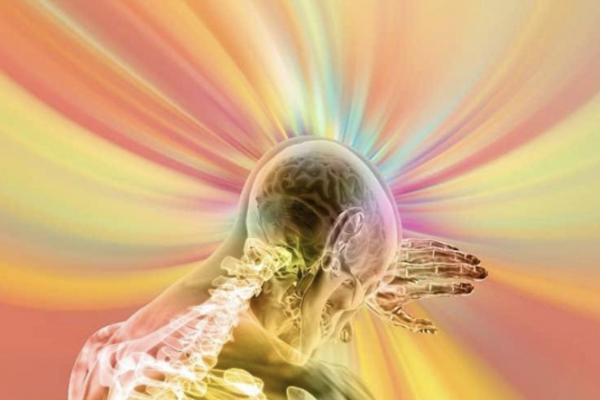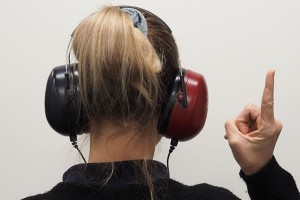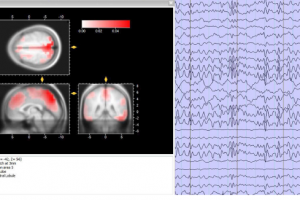Brain Stimulation Rapidly Improves Cognitive Deficits in Long-COVID
Cognitive deficits as a result of long-COVID can be significantly improved within 3 – 4 days following alternating non-invasive brain stimulation using microcurrents.
“COVID infection can induce delayed cognitive impairments that are quite serious in some patients,” explained lead investigator Bernhard A. Sabel, PhD, Director, Institute of Medical Psychology, Medical Faculty, Otto-von-Guericke University of Magdeburg, Magdeburg, Germany.
“Common symptoms include fatigue, shortness of breath, and cognitive dysfunction such as lower attention span and loss of short-term memory, all of which have a dramatic impact on everyday functioning. There is currently no effective treatment that improves visual and cognitive impairments resulting from COVID-19 in such a short time.”
Vascular problems throughout the retina and the brain are the probable cause of long-COVID-19 symptoms. Because patients report vision loss, these investigators hypothesized that NIBS treatment could help induce cognitive recovery. This assumption was based on prior success improving vision in most of their glaucoma patients using this treatment.
The investigators propose that hypometabolic neurons are the probable biological cause of the neurological deficits manifested as long-COVID symptoms, and that NIBS reactivates these “silent” neurons by reoxygenation, which is the presumed basis of recovery.
“This is the first demonstration that cognitive impairment can be improved in such a brief period of time.





Related Posts